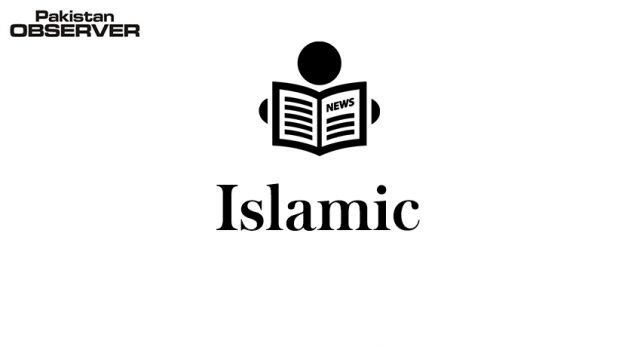Manama
Growth prospects of Qatar’s Islamic financial services (IFS) sector are closely tied to the “continued expansion” of the country’s economy, which is expected to “remain buoyant” as its natural gas exports persist, a new report has shown. The continued expansion of the GCC’s Shariah-compliant assets is being driven by a number of ongoing regional developments, including the 2022 FIFA World Cup, which is hosted by Qatar, and the stabilisation of energy prices, Oxford Business Group (OBG) has said in a report. The Islamic finance industry has been an important component of the nation’s financial system since the early 1980s, when the first shariah-compliant bank opened its doors for business, OBG said in its 2019 report. Islamic financial services have been growing at a “strong” pace over recent years, with shariah-compliant assets expanding at a compound annual growth rate (CAGR) of 11% between 2012 and 2017, outpacing their conventional counterparts. In early 2019, a total of four Islamic banks were licensed by the Qatar Central Bank (QCB), between them accounting for around 25% of Qatar’s banking sector assets, according to the Ministry of Finance. They have driven the development of the IFS industry and hold the largest share of its assets, worth around QR348bn ($95.6bn) as of September 2018. Takaful (Islamic insurance) and non-bank financial institutions accounted for around 1.3% of total IFS assets in 2017. A total of five takaful and re-takaful companies are licensed by the QCB, and their activities have established the country as the second-largest Shariah-compliant insurance sector in the GCC. Sukuk (Islamic bonds) accounted for around 18% of total IFS assets in 2017, thanks in large part to the government’s issuance of sovereign sukuk, which dominate the market with just over 71% of total issuances.—Gulf News










